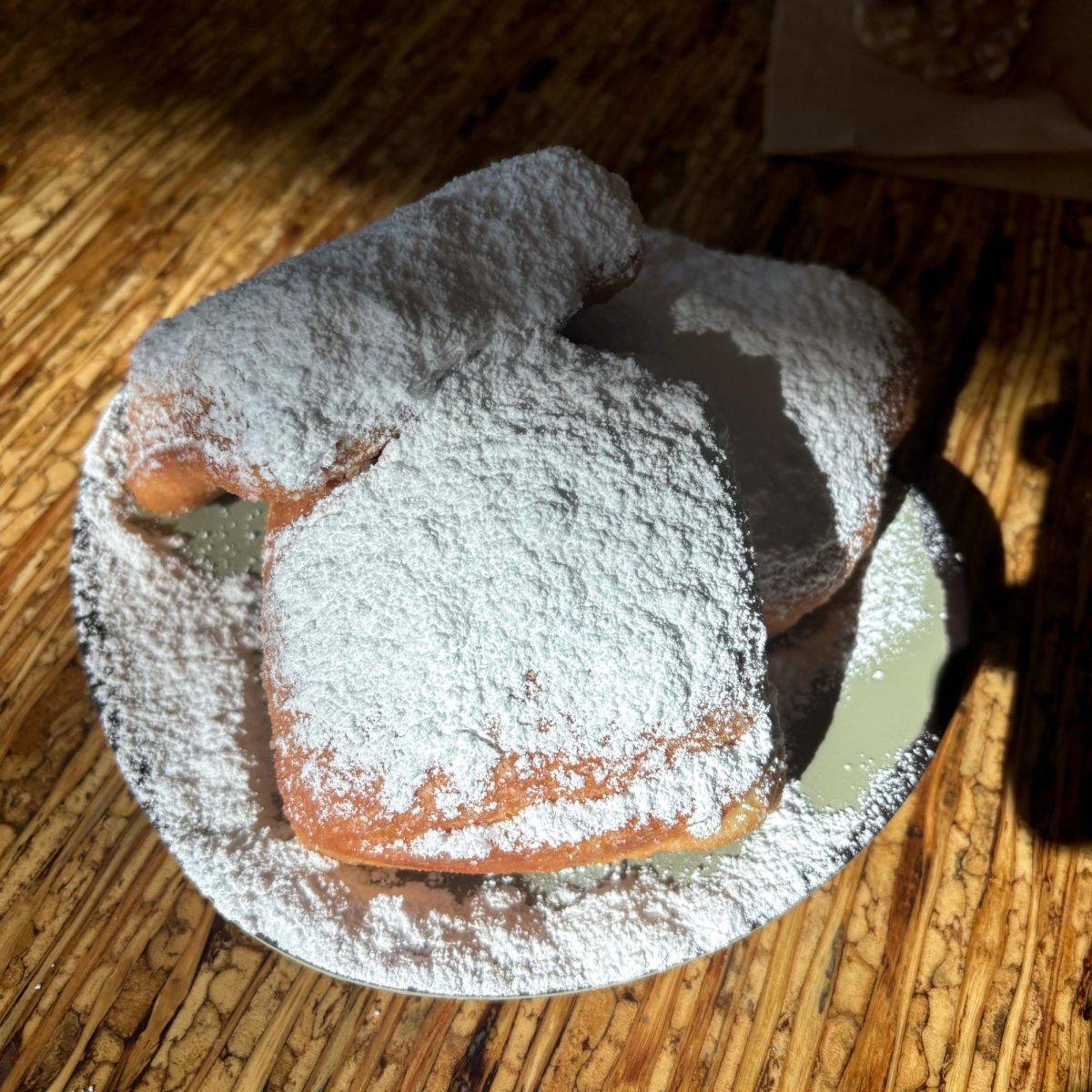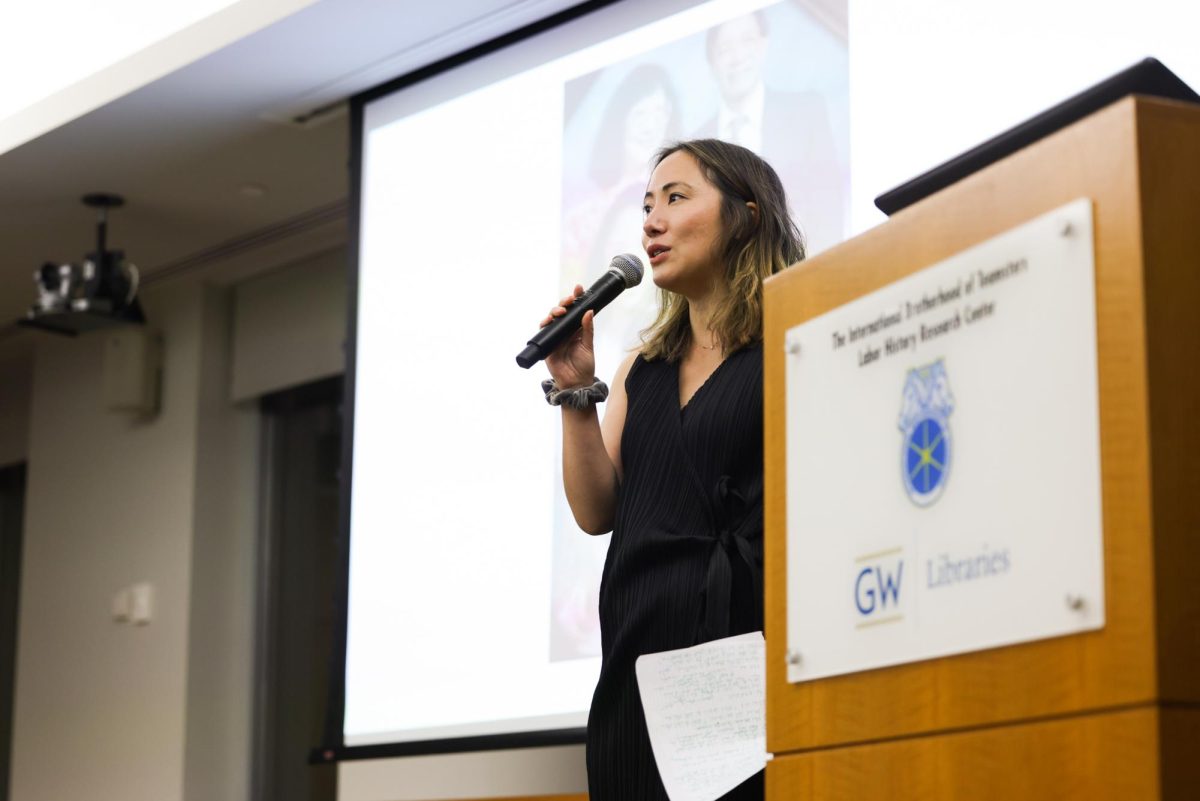Glow sticks lit the night sky, illuminating a waterfront stadium more accustomed to hosting Venus and Serena Williams than the rave-ready crowd assembled to see Thievery Corporation.
The ensemble transformed the tennis court at Kastles Stadium at The Wharf into an energetic outdoor dance floor. The show marked the first time the stadium played host to a musical performance.
The serendipitous merger developed from a friendship between the owners of the stadium and the event’s promotional company, I.M.P. Presents. Both proprietors saw the waterfront venue as the perfect locale for the performance.
Legendary D.C.-native and the godfather of Go-Go, Chuck Brown, surprised the audience, coming on stage to perform “The Numbers Game,” a collaboration between Brown and the band.
The group performed the 2008 song “Vampire,” from its Grammy-nominated album “Radio Retaliation,” dedicating the song to the International Monetary Fund and all those from third-world countries. With that they launched into the song’s forceful lyrics, “When the bank comes to your door, better know you’ll always be poor, bank loans and policies, they can’t make our people free.”
The crowd erupted into cheers when the group “reached into the archives of the corporation” and performed its 1997 track, “Assault on Babylon.”
Another perennial audience favorite was the 1998 single “Lebanese Blonde,” which was featured on the soundtrack to the hit indie movie “Garden State.”
The group’s founders Rob Garza and Eric Hilton met in D.C. 16 years ago after bonding over their similar musical tastes. They have taken their love for music one step further and formed their own record label, Eighteenth Street Lounge Music, through which they release the eclectic stylings of other international artists.
As far flung as its musical influences may be, the group reveled in its D.C. roots Friday, proclaiming to the crowd before its four-song encore, “There ain’t no place like home.”
Thievery Corporation’s own sound samples a variety of styles from around the world to create music that doesn’t easily fit in to the mold of any one genre. Supporting artists, who rotate on stage with the open and close of every song, come from globally divergent locations including Iran, Argentina, St. Thomas and Jamaica.
The group members’ multi-national roots intertwine both on stage and in the music, sampling Brazilian bossa nova, Jamaican reggae beats, jazz and lyrics in Farsi and Spanish, all spun together to the vibrations from the founding duo’s turntables.
The band’s sixth and most recent album, “Culture of Fear,” was released in June and incorporates its liberally-leaning political views into socially-conscious lyrics, something they credit D.C. with as a strong influence.





